Description
Johns Hopkins Perioperative Management-In Its 40th Year 2025
Include: 4 videos + 56 pdfs
This resource is ideal for a wide range of healthcare professionals involved in perioperative and acute care decision-making, including:
-
Anesthesiologists and anesthesia residents seeking case-based clinical guidance
-
Critical care physicians managing complex perioperative and postoperative patients
-
Internists & hospitalists involved in preoperative risk assessment and co-management
-
Family medicine physicians providing perioperative consultation and continuity care
-
Orthopedic surgeons requiring deeper insight into anesthesia considerations for surgical planning
-
Urologists involved in procedures with significant anesthetic implications
-
Pain medicine specialists seeking evidence-based perioperative pain strategies
Information:
Date & Location: Sunday, February 16, 2025, 7:00 AM – Wednesday, February 19, 2025, 1:30 PM, Marco Island Marriott, Marco Island, FL
Over 300 million patients undergo surgical procedures worldwide, and the age and medical complexity of this patient population continues to increase. Higher risk patients are now having surgery in ambulatory and non-OR settings. All these patients require preoperative assessment, intraoperative management, and postoperative care. Every year the body of peer-reviewed literature on this topic increases and new guidelines on clinical management are formulated. The curriculum for this course was specifically created to address the needs of clinicians who provide care for patients before, during, and after surgery based on examination of the evidence-based peer-reviewed literature, recent research, feedback from course participants, and input from expert colleagues inside and outside Johns Hopkins. As the established leader in perioperative medicine, this course aims to provide practitioners with the most up-to-date knowledge necessary to deliver effective, evidence-based care by affecting healthcare practices at the level of the individual and the larger health system.
- Describe current guidelines for preoperative cardiac and pulmonary risk assessment and list several ways to predict and prevent cardiac and pulmonary complications using preoperative testing and intraoperative and postoperative interventions.
- Recognize the risks of perioperative anemia and transfusion as well as the risks and benefits of perioperative anti-thrombotic therapies, and list several strategies to reduce bleeding and thrombotic complications through evidence-based approaches to anemia management, transfusion, coagulation testing, and pharmacologic interventions with anti-thrombotic and anti-fibrinolytic agents.
- Describe the perioperative complications associated with diabetes, renal insufficiency, liver disease, delirium, and frailty, and list current management strategies to optimize outcomes in patients with these medical conditions.
- Describe strategies to control acute postoperative pain, including in patients who chronically use opioids or cannabis.
- Recognize how to prevent, diagnose, and treat common healthcare associated infections that complicate surgical procedures.
- Recognize the perioperative implications of the growing use of newer pharmacologic therapies for diabetes, obesity, heart failure, and immunomodulators and the pros/cons of emerging physiologic monitoring technologies for use in the OR, PACU, and wards.
- Recognize the impact of burnout, and its relation to gender, race, and micro-aggressions, on clinician wellbeing and patient safety, and describe strategies to improve work-force wellbeing, communication, and the quality/safety of clinical care for of individual healthcare worker, patients, and the health system.
- Recognize basic views for real-time ultrasound guided vascular access and perform vascular access on simulation equipment using ultrasound (optional POCUS Workshop).
- Recognize and interpret basic transthoracic ultrasound views of cardiac and lung structures (optional POCUS Workshop).
- Apply basic ultrasound algorithms to diagnose and manage an unstable perioperative patient (optional POCUS Workshop).
- Recognize and interpret ultrasound views of peripheral nerve structures and how ultrasound can facilitate performance of peripheral nerve blocks for upper and lower extremity surgery (optional POCUS Workshop).
- Recognize the causal role of gratitude in well-being (optional Wellness Workshop).
- Perform a brief gratitude intervention in real time (optional Wellness Workshop).
- List several wellbeing improvements associated with awe and wonder interventions (optional Wellness Workshop).
- Perform a brief awe intervention in real time (optional Wellness Workshop).
The Johns Hopkins Perioperative Management—In Its 40th Year (2025) course is designed for physicians and healthcare professionals involved in perioperative care, surgery, and anesthesia.
The program covers preoperative assessment, intraoperative management, and postoperative care, ensuring participants stay updated on evidence-based perioperative practices
Topics:
- February 16, 2025.mp4 (5 hours)
- February 17, 2025.mp4 (5 hours 30 minutes)
- February 18, 2025.mp4 (5 hours 30 minutes)
- February 19, 2025.mp4 (5 hours)
- Acute Pain Management- Limiting Narcotics through Multimodal Analgesia.pdf
- Burnout and the Role of Gender, Race, and Micro-aggressions.pdf
- Case-Based Perioperative Care of the Patient with Diabetes- Hyperglycemia.pdf
- Continuous Physiologic Monitoring Outside the OR- Why, which one, where, and for whom-.pdf
- Controversial Debates-.pdf
- ERAS for Ambulatory Surgery.pdf
- Frailty- Measurement and Management to Optimize Perioperative Outcomes.pdf
- Gratitude as Easy Well-Being- New Science on an Old Practice (Optional Wellness Workshop).pdf
- Identifying and Managing Risks in Ambulatory Surgery Patients.pdf
- Improving Perioperative Quality and Safety through System and Culture Change.pdf
- Improving the Quality of Sepsis Care.pdf
- Incidence, Implications, and Management of Postoperative Atrial Fibrillation.pdf
- Looking into the future- anesthesia workforce trends.pdf
- Main program 2025.pdf
- Management of Perioperative Anemia, Transfusion, and Bleeding.pdf
- Managing End of Life Care in Surgical Patients.pdf
- Managing the Difficulty Airway- Updated ASA Guidelines.pdf
- New Monitoring Devices for the OR- Neurologic, Hemodynamic, and more.pdf
- Perioperative BP Management- The Case for Precision Medicine-.pdf
- Perioperative Considerations of COVID.pdf
- Perioperative DVT and Pulmonary Embolism.pdf
- Perioperative Fluid Management.pdf
- Perioperative Management of Cannabis.pdf
- Perioperative Management of Diabetes and Hyperglycemia.pdf
- Perioperative Management of Hepatic Dysfunction.pdf
- Perioperative Management of Hyponatremia and Other Electrolyte Abnormalities.pdf
- Perioperative Management of Immune Modulating Medications- Steroids, Biologicals, and Check Point Inhibitors.pdf
- Perioperative Management of Patients on Anti-Platelet Therapy.pdf
- Perioperative Management of Patients on Warfarin and Direct Oral Anticoagulants (DOACs).pdf
- Perioperative Management of Patients with Cardiomyopathy.pdf
- Perioperative Management of the Patient with a Pacemaker or ICD.pdf
- Perioperative Management of the Patient with Chronic Opioid Use Disorder- Methadone, Buprenorphine, and more.pdf
- Perioperative Management of the Patient with Obstructive Sleep Apnea.pdf
- Perioperative Management of the Patient with Pulmonary Hypertension.pdf
- Perioperative Management of the Pregnant Patient for Non-Obstetrical surgery.pdf
- Perioperative Renal Dysfunction.pdf
- Perioperative Respiratory Insufficiency- Mechanisms and Management.pdf
- POCUS workshop 2025.pdf
- Post-Operative Delirium- Prevention and Treatment.pdf
- Practical Interpretation and Perioperative Implications of an ECHO Report.pdf
- Preoperative Cardiac Risk Assessment and Testing.pdf
- Preoperative Evaluation and Management of the Patient with Heart Failure.pdf
- Preoperative Evaluation- Optimized, Not Cleared.pdf
- Preoperative Lab Testing- Choosing Wisely.pdf
- Preoperative Management of the Patient with “New ECG Abnormalities”.pdf
- Preoperative Pulmonary Risk Assessment and Testing.pdf
- Preventing, Identifying, and Managing Common Healthcare Associated Infections.pdf
- Prevention and Treatment of Perioperative Myocardial Injury.pdf
- Prevention and Treatment of Surgical Site Infections.pdf
- Programs to Enhance Recovery after Surgery (ERAS).pdf
- Resolving Common Perioperative Conundrums- The Role of Point of Care Ultrasound (POCUS).pdf
- Science of Wow- Cultivating Awe and Wonder as a Well-Being Strategy (Optional Wellness Workshop).pdf
- Welcome and Conference Goals.pdf
- Wellness workshop 2025.pdf
- Work-Life Integration- Measuring & Understanding Health Care Worker Well-Being.pdf
- “It’s only a sedation case.”- Strategies to Prevent a Cardiopulmonary Catastrophe.pdf

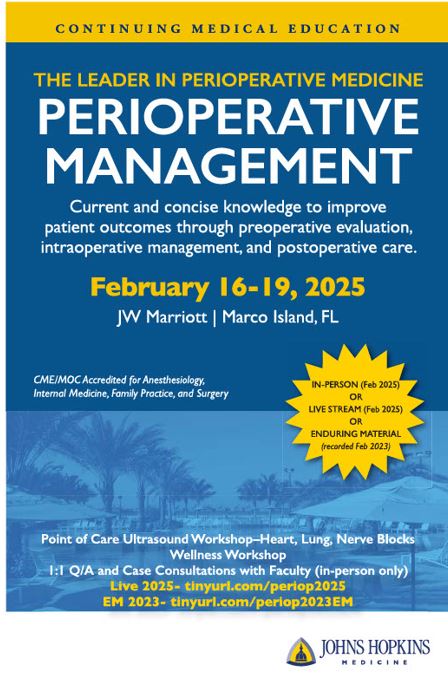
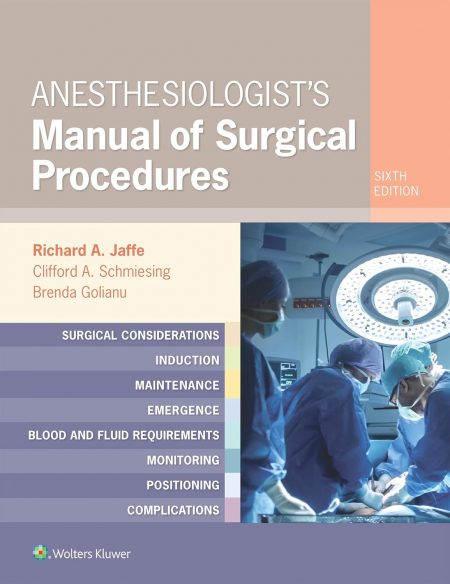
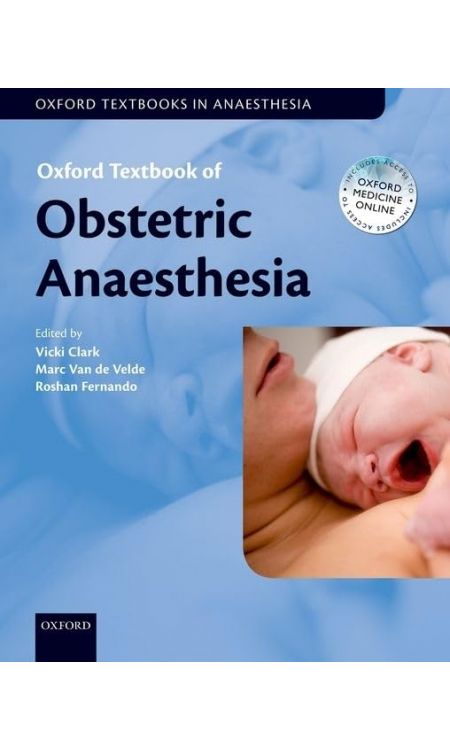
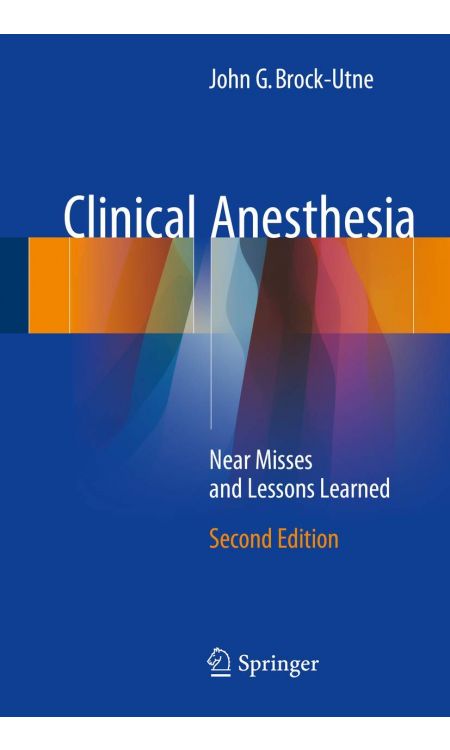
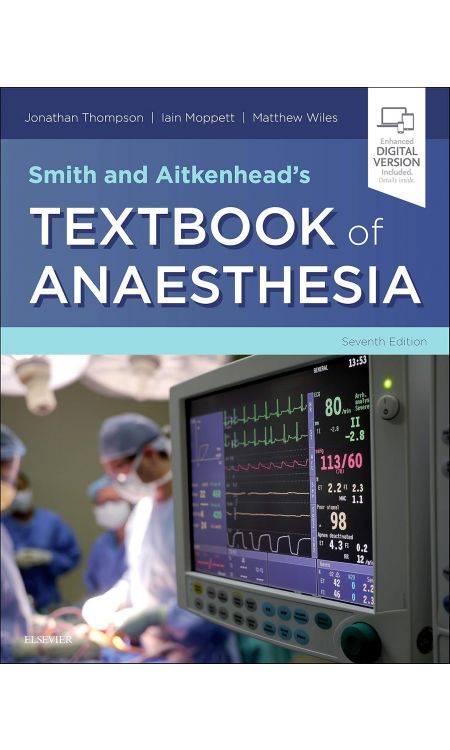
Reviews
There are no reviews yet.